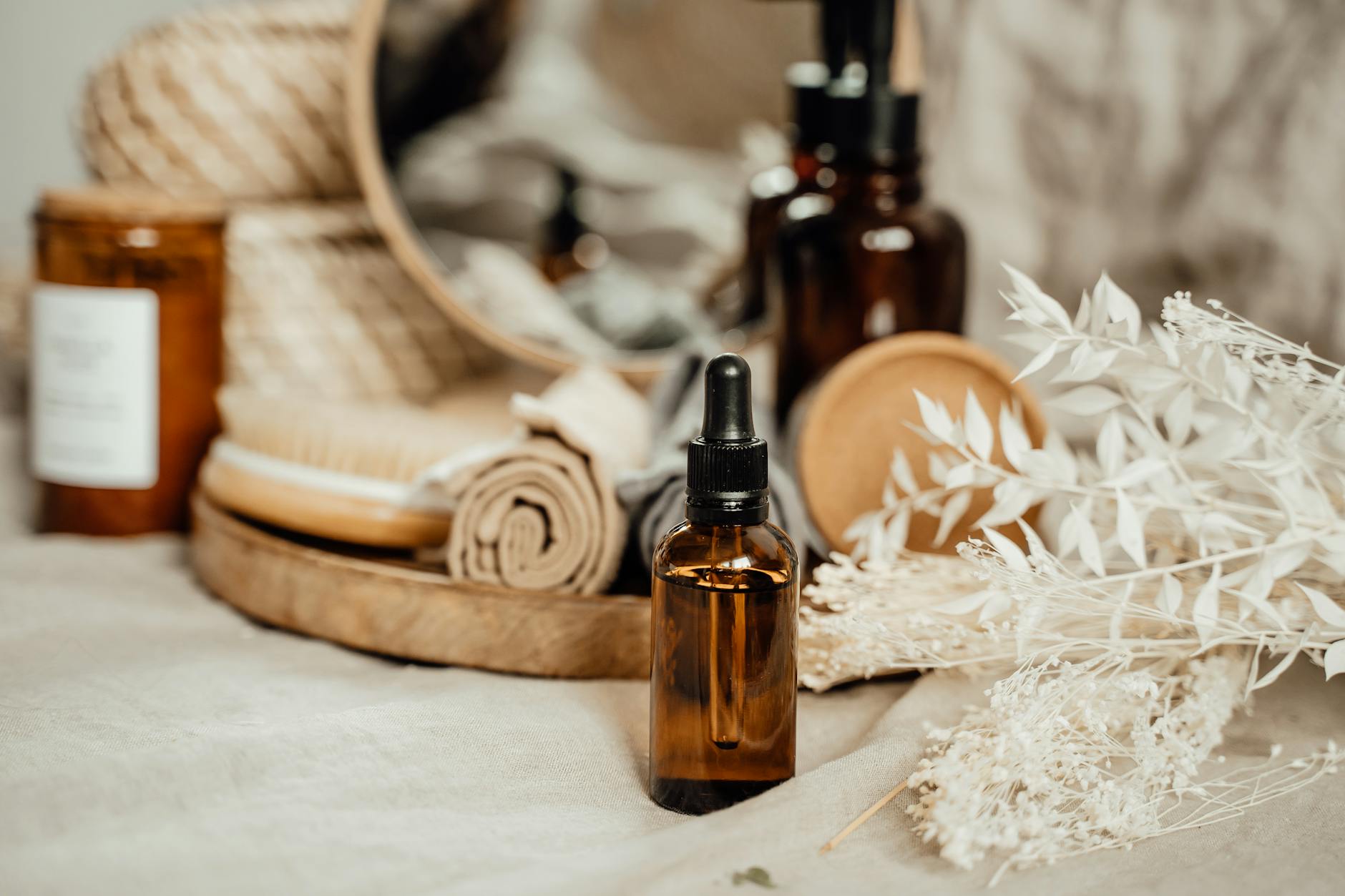Commercial insect repellants have long been associated with environmental toxicity, leading to health complications. Essential oils (EOs) present themselves as all-natural, chemical-free alternatives, proficiently warding off insects to safeguard your home and garden. Their efficacy is rooted in their potent scents, which deter pests such as mosquitoes, ants, and flies. By opting for these oils, you reduce exposure to harmful toxins while effectively combating infestations, all while enjoying additional health benefits.
The presence of insects can result in property damage, food contamination, and the spread of diseases, posing risks to both your home and your family’s well-being. However, there exists a superior approach to safeguarding your health compared to traditional repellants. Although there are over 100 types of EOs, not all are equally effective. Hence, we’ve curated a list of the top 8 essential oils for use as natural insect repellants, accompanied by actionable guidance on their application.
The Top 6 Essential Oils for Natural Insect Repellant
Effective repellants typically contain compounds such as eugenol, citronellal, and geraniol. Among the most efficacious scents for deterring mosquitoes, ants, and flies are citronella, eucalyptus, lavender, lemongrass, and peppermint.
Citronella:
Citronella oil, renowned for its fresh lemony fragrance, serves as a popular natural insect repellant. Beyond repelling insects, its pleasant aroma conceals human scents that attract bugs like mosquitoes. Derived from citronella grass leaves and stems, this oil contains compounds disrupting insect behavior, recognized by the US Environmental Protection Agency (EPA) as safe for topical use, including on children. Optimal usage involves diffusing citronella oil in outdoor spaces or applying it topically after dilution with a carrier oil to create a protective barrier.
Peppermint:
Peppermint oil’s minty scent effectively repels ants, spiders, and mosquitoes by overwhelming their olfactory systems. Its primary active ingredient, menthol, contributes to its potency, as evidenced by a study published in the Malaria Journal. Application methods include topical mixtures with carrier oils or sprays around homes and outdoor areas.
Patchouli:
Patchouli oil, with its earthy aroma, serves as an effective repellant against mosquitoes, ants, and flies, with its patchouli alcohol compound exhibiting significant efficacy. Diluted application on skin or diffusion at home effectively wards off pests.
Lavender:
Despite its soothing floral scent, lavender oil, containing active components like linalool and camphor, effectively repels mosquitoes, ants, and mites. Its application includes topical mixtures and diffusion indoors for consistent protection.
Vetiver:
With its deep, earthy aroma, vetiver oil proves effective against mosquitoes, ants, and termites due to active components like vetiverol and nootkatone. Topical application after dilution or spraying around homes and outdoor spaces offers protection.
Clary Sage:
Clary sage oil, with its herbaceous floral aroma, effectively repels mosquitoes, ants, and ticks due to active ingredients like linalyl acetate and linalool. Its application involves topical mixtures and sprays for outdoor activities.
Geranium:
Geranium oil’s sweet floral aroma effectively repels mosquitoes, ants, and ticks, supported by active ingredients like geraniol and citronellol. Its application includes topical mixtures and sprays for outdoor use.
These essential oils offer a safer, eco-friendly alternative to chemical repellants, effectively deterring various pests and safeguarding human health. By utilizing EOs, you minimize adverse effects and contribute positively to the environment while ensuring protection for you, your family, and your pets against insect bites and diseases. Embrace these natural repellants for a gentler, safer approach to insect control.












